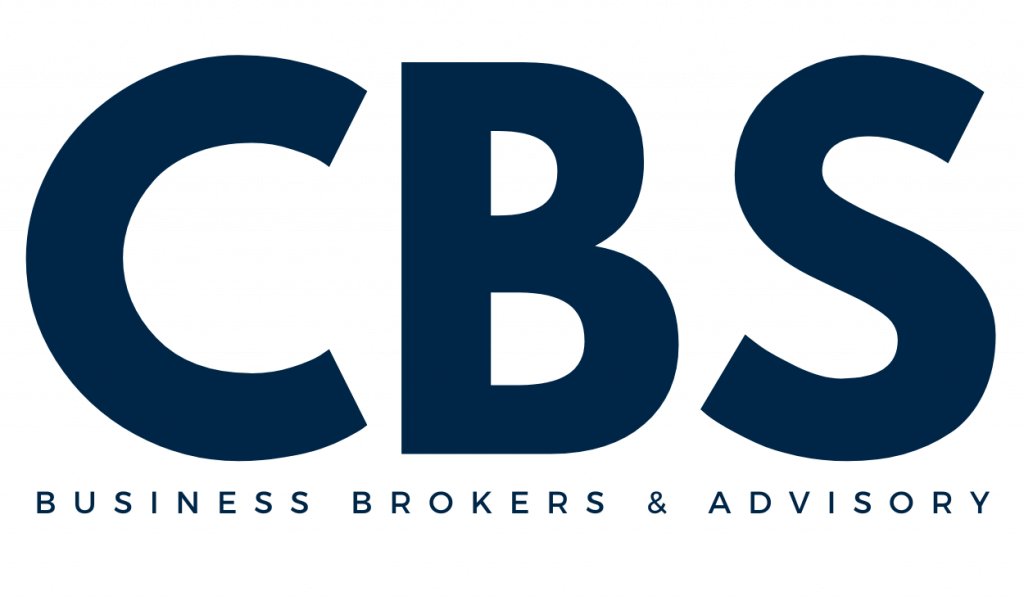Tax Implications in Business Sales:
What Buyers and Sellers Should Know
What Buyers and Sellers Should Know

The sale or purchase of a business in Australia is a significant transaction, and understanding the associated tax implications is crucial for both buyers and sellers. The Australian tax system has specific provisions and regulations that can impact the financial outcomes of such transactions. This article delves into the key tax considerations that both parties should be aware of.
1. Capital Gains Tax (CGT)
For Sellers: When selling a business, any profit made above the original purchase price is subject to Capital Gains Tax. However, there are concessions available, such as the small business CGT concessions, which can significantly reduce the tax payable.
For Buyers: It’s essential to understand the cost base of the business, as this will impact future CGT liabilities when you decide to sell.
2. Goods and Services Tax (GST)
For Sellers: Generally, the sale of a business as a ‘going concern’ is GST-free. This means that if both the buyer and seller are registered for GST and the sale includes everything necessary for the continued operation of the business, no GST is payable.
For Buyers: Ensure that the purchase agreement specifies that the sale is of a ‘going concern’ to avoid unexpected GST liabilities.
3. Stamp Duty
For Buyers: In certain states and territories, stamp duty may apply to the sale of business assets or shares. It’s crucial to check the specific regulations in the relevant state or territory where the business operates.
4. Employee Obligations
For Sellers: Ensure that all employee entitlements, such as leave and superannuation, are up-to-date. Any outstanding obligations can impact the final sale price.
For Buyers: Be aware of any existing employee entitlements, as these will transfer with the business and could represent a future liability.
5. Depreciating Assets
For Sellers: When selling assets that have depreciated, such as equipment or vehicles, there may be implications for your income tax return, especially if the sale price differs from the asset’s written-down value.
For Buyers: Depreciating assets can offer tax deductions in the form of depreciation claims in subsequent financial years.
6. Trading Stock
For Sellers: The value of trading stock can impact your income tax. If the sale value differs from the value in your accounts, you may need to account for this difference in your tax return.
For Buyers: It’s essential to agree on the value of trading stock as part of the sale, as this will impact the overall purchase price and future tax obligations.
7. Prepayments
For Sellers: If you’ve received prepayments for services or goods, these may need to be accounted for in your income tax return.
For Buyers: Be aware of any prepayments, as these can impact cash flow and tax obligations in the subsequent financial year.
8. Tax Records
For Sellers: Ensure that all tax records are well-organised and readily available. This not only aids in a smooth transition but is also a requirement under Australian tax law.
For Buyers: Review past tax records to understand the business’s financial history and any potential liabilities.
9. Seeking Professional Advice
Both buyers and sellers should consider seeking advice from tax professionals or accountants familiar with the Australian tax system. They can provide tailored advice, ensuring compliance and optimising financial outcomes.
In conclusion, the sale or purchase of a business in Australia comes with various tax implications. Both buyers and sellers need to be well-informed to navigate these complexities successfully. By understanding the key considerations outlined above and seeking expert advice, both parties can ensure a favourable and compliant transaction.
This article is intended for informational purposes only and does not constitute legal, financial, or tax advice. Always consult with a qualified professional or specialist before making any decisions based on the information provided. Neither the author nor the publisher will be held liable for any actions taken based on the content of this article.
Related Resources:

Do i have to pay tax when i sell my business? 10 Things You Need To Know
Selling a business is a monumental decision, one that comes with its fair share of financial implications. Among the myriad of considerations, the question that often looms large is, “Do I have to pay tax when I sell my business?” The answer, while seemingly straightforward, is layered with nuances, especially in the Australian context.

The Future of Business: Predicting Industries on the Rise
In an ever-evolving global landscape, predicting the future of business is both an art and a science. As technology advances, societal needs shift, and global events unfold, certain industries emerge as leaders, poised for growth and innovation.

The Art of Negotiating: Tips for Business Buyers and Sellers
In the intricate dance of buying and selling businesses, negotiation stands out as the pivotal moment where deals are made or broken. Both buyers and sellers come to the table with their interests, and the negotiation process determines how these interests align.

The Essential Due Diligence Checklist for Business Buyers
When considering the purchase of a business, due diligence is a critical step in the process. It’s the comprehensive appraisal of a business undertaken by a prospective buyer, especially to establish its assets and liabilities and evaluate its commercial potential.
Send Us A Message

Do i have to pay tax when i sell my business? 10 Things You Need To Know
Selling a business is a monumental decision, one that comes with its fair share of financial implications. Among the myriad of considerations, the question that often looms large is, “Do I have to pay tax when I sell my business?” The answer, while seemingly straightforward, is layered with nuances, especially in the Australian context.

The Future of Business: Predicting Industries on the Rise
In an ever-evolving global landscape, predicting the future of business is both an art and a science. As technology advances, societal needs shift, and global events unfold, certain industries emerge as leaders, poised for growth and innovation.

Tax Implications in Business Sales: What Buyers and Sellers Should Know
The sale or purchase of a business in Australia is a significant transaction, and understanding the associated tax implications is crucial for both buyers and sellers. The Australian tax system has specific provisions and regulations that can impact the financial outcomes of such transactions. This article delves into the key tax considerations that both parties should be aware of.

The Art of Negotiating: Tips for Business Buyers and Sellers
In the intricate dance of buying and selling businesses, negotiation stands out as the pivotal moment where deals are made or broken. Both buyers and sellers come to the table with their interests, and the negotiation process determines how these interests align.
